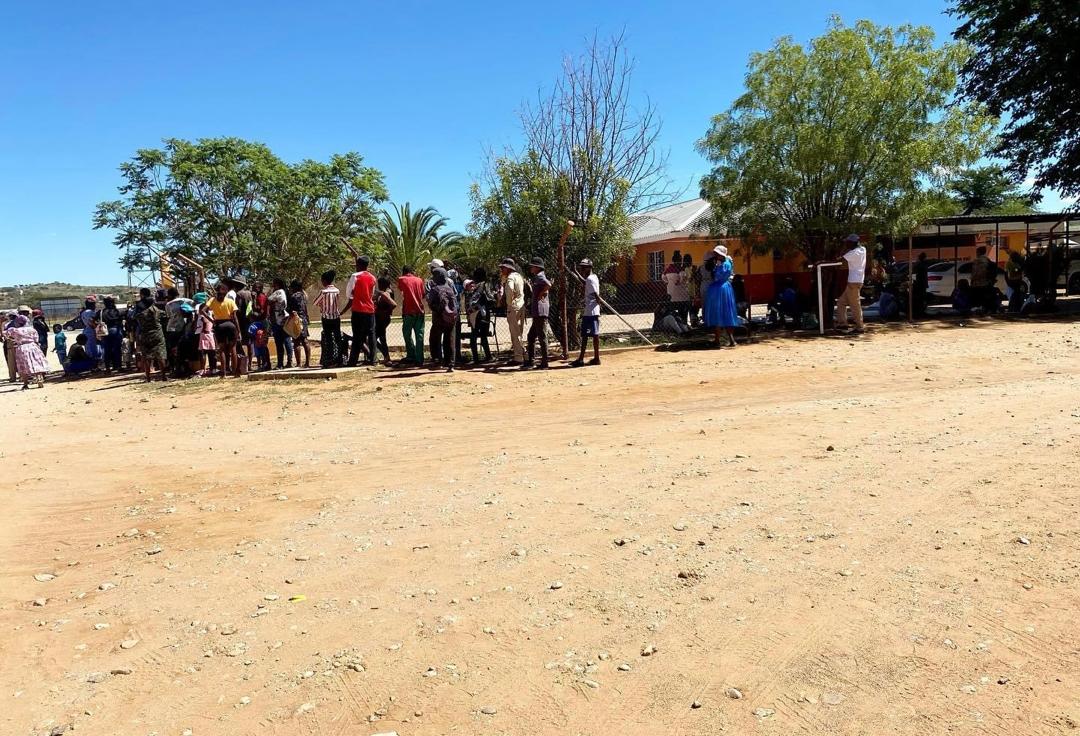The Ministry of Environment, Forestry and Tourism has issued a sector-wide clearance for the mariculture sector at Lüderitz, Swakopmund, and Walvis Bay.
Ministry spokesperson Romeo Myunda confirmed this on Friday.
“The clearance covers all smallscale farmers within the areas that were approved. The approval is valid for three years,” he said.
The clearance was issued last week, after an environmental and social impact assessment (Esia) for the sector was completed.
The initiative was funded by the Benguela Current Convention and the Namibian Chamber of Environment.
Some 221 licences have been issued to the mariculture sector, of which only 11 licence holders are active.
These farmers employ about 205 people on a full-time basis.
During the 2022/23 financial year, the sector produced around 493 tonnes of mainly oysters, but also abalone and seaweed.
In 2022, the Walvis Bay municipality recommended the approval of erven 433 to 444 at Dolphin Beach, Extension 2, to be declared an aquaculture/mariculture development zone.
The sites are located between the new Southern African Development Community (SADC) gateway port (north port) and Dolphin Beach Extension 1 (Aphrodite Beach) across the guano platform.
Last year, Benguela Blue Aqua Farming secured permits to grow up to 35 000 tonnes of Atlantic salmon a year in submersible net pens off the coast of Lüderitz.
Independent aquaculture expert Alushe Hitula says the clearance is poised to benefit aspiring aquaculture farmers by expediting the commencement of operations.
Without the environmental impact assessment in place, individual farmers would have been required to undertake their environmental assessments, a process that could have taken between six months and one year.
“Effectively, what the ministry has done, is it has given aspiring agriculture farmers back six months to one year, including the cost.
“The farmers previously each conducted their environmental impact assessment at a cost of anywhere between N$350 000 and N$450 000,” Hitula says.
She says aspiring farmers can now apply for spots in aquaculture development zones and focus on their business plans and feasibility studies without the added hurdle of individual environmental assessments.
Hitula says this initiative is likely to be one of the first of its kind in the SADC region and possibly the continent.
Minister of fisheries and marine resources Derek Klazen has acknowledged the challenges the sector is facing.
“The ministry is aware of the challenges of limited access to land and finance, environmental phenomena such as harmful algae blooms, which cause hydrogen sulphide eruption, limited fish feed supply in the local market, and the cost of environmental impact assessment studies,” he says.
Klazen says the ministry has established a water quality monitoring system, shellfish sanitation, research, training and advisory extension services programmes at 11 farms to support the development of the aquaculture/mariculture sector.
Stay informed with The Namibian – your source for credible journalism. Get in-depth reporting and opinions for
only N$85 a month. Invest in journalism, invest in democracy –
Subscribe Now!






